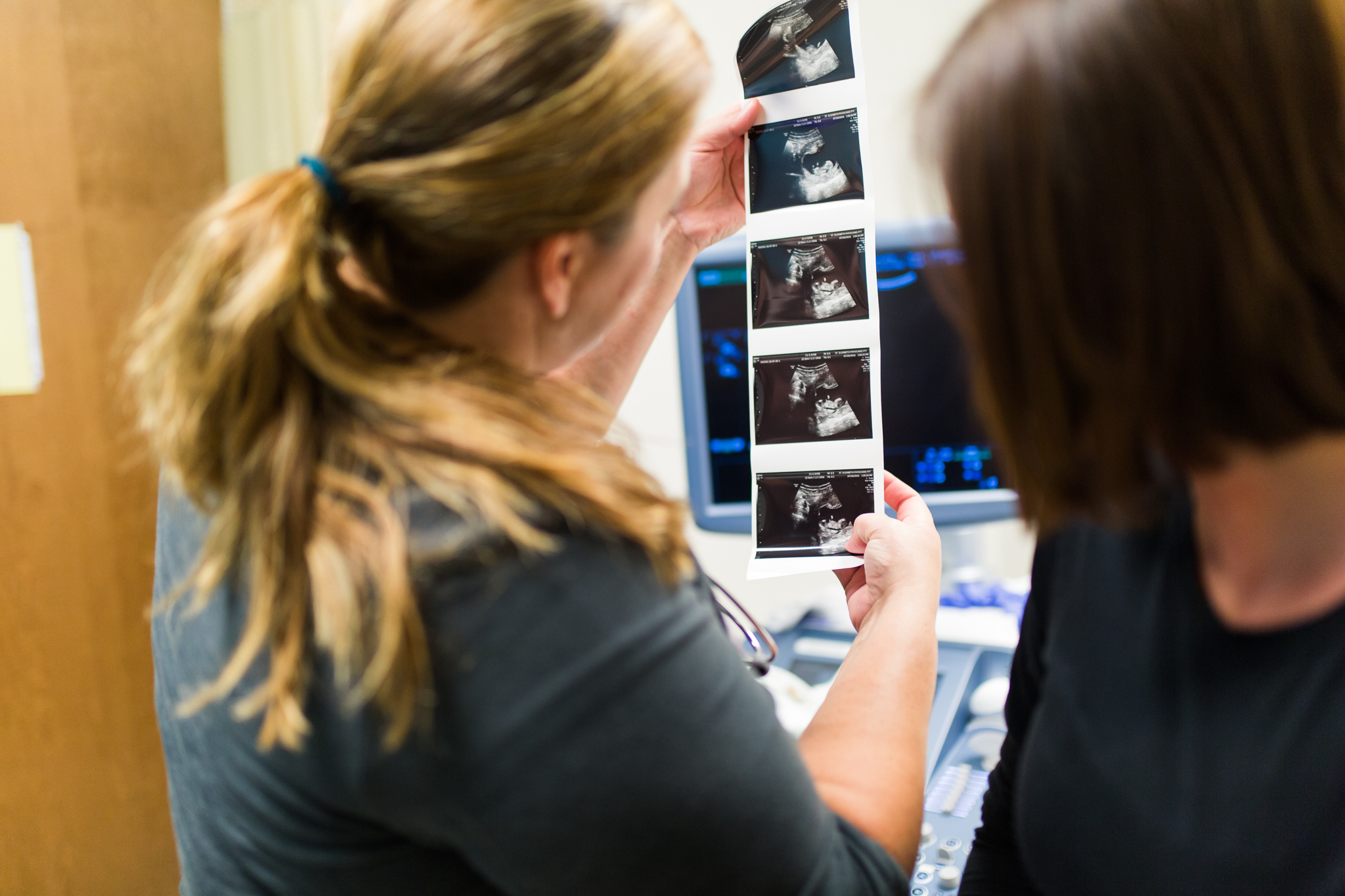Women and Osteoporosis
Although men can get osteoporosis, women make up the majority of people affected by the disease – 80%, according to the National Institutes of Health.
Consider these facts from the National Women’s Resource Center:
Why Bone Density Testing Is Important
Osteoporosis is a treatable disease that thins and weakens your bones. Up until age 30, your body builds more new bone tissue than it breaks down, but that changes as you get older. In the first few years after menopause, most women go through rapid bone loss. Although the process slows, it continues during your postmenopausal years. Bone loss related to osteoporosis usually doesn’t cause symptoms in the early stages. In fact, many women don’t realize they have the disease until they start to feel pain or break a bone.

Schedule an Appointment
You need a doctor’s order to schedule a DEXA scan. Call pre-access at (877) 424-5750 to schedule an appointment or speak with your primary care provider.
What You Can Do to Prevent Bone Loss
Our healthcare experts offer advice to help slow bone loss with healthy lifestyle changes, such as:
Common Risk Factors
Take the Osteoporosis Risk Test
Take this one-minute online assessment from the International Osteoporosis Foundation to learn more about your risk of osteoporosis.
Schedule An Appointment Today
Discover the difference compassionate and comprehensive Women’s Health care can make at
St. Elizabeth Healthcare.
Contact Us
Your well-being is our priority, and we’re excited to be part of your health journey. To schedule an appointment at one of our Women’s Health offices, please visit MyChart or call (800) 737-7900.

